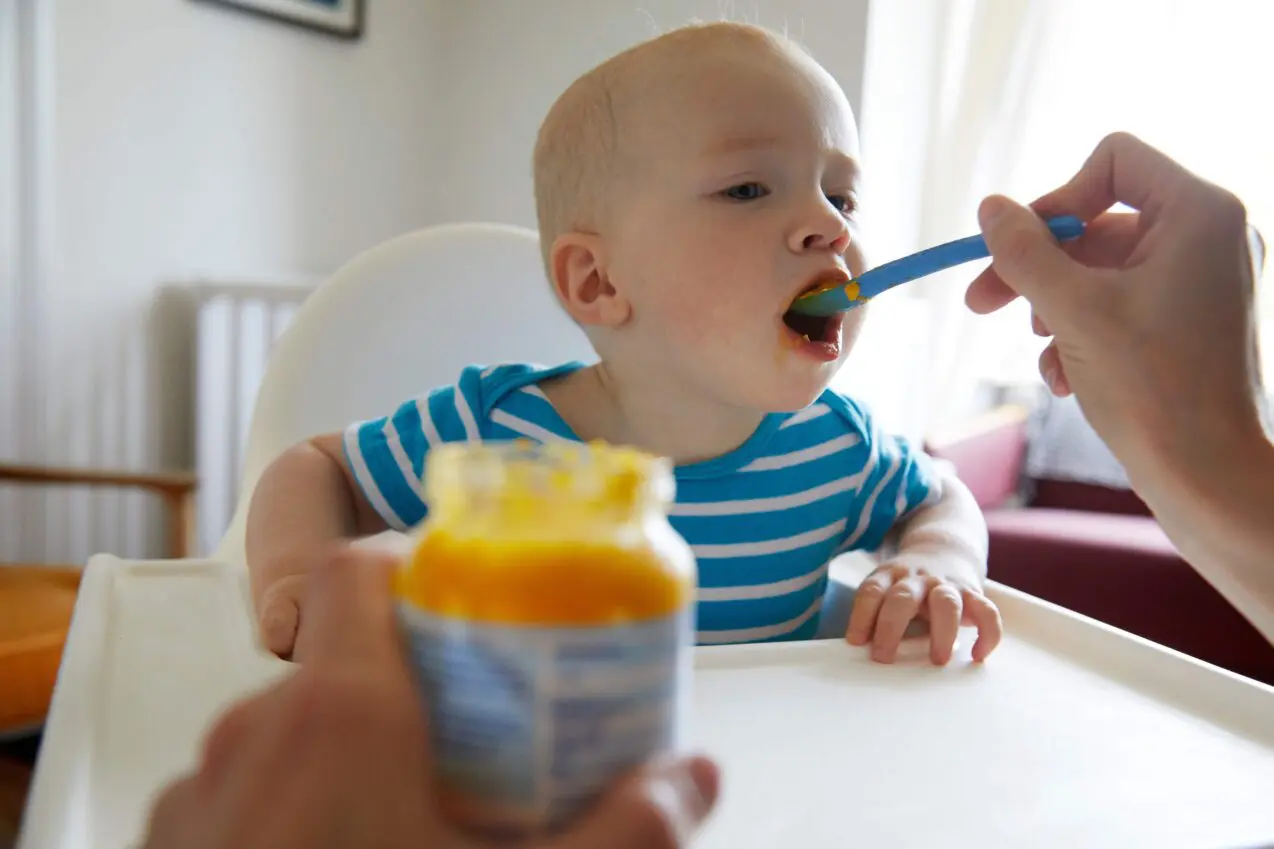A groundbreaking study has raised serious concerns about the nutritional quality of infant and toddler foods sold in the United States. Researchers at the George Institute for Global Health have found that a staggering 60 percent of commercial baby foods fail to meet World Health Organization (WHO) nutritional guidelines.
The study, which examined 651 products, reveals a worrying trend of excessive sugar content and inadequate protein levels in many popular brands, potentially contributing to long-term health issues for American children.
The George Institute looked at 651 baby foods, checking if they're as good as the WHO says they should be. Most baby foods fell short on protein, and nearly half had too much sugar, according to the study in Nutrients.

"These shouldn't be the main thing babies eat," warns Elizabeth Dunford from the George Institute and UNC. Dunford hopes companies will be more upfront about what's in baby food.
The study criticized baby food manufacturers for potentially misleading marketing claims. Daisy Coyle, a George Institute research fellow and dietitian, noted that many snack and finger foods referenced fruits or vegetables in product names despite being primarily made of flour or starches.
Those squeezable fruit pouches? Turns out they're packed with sugar and not great for kids. Noting that childhood obesity is on the rise, the researchers want stricter rules for baby food in the US.
Congress is looking at a new law to crack down on harmful metals in baby food. This comes after alarming reports about lead and arsenic showing up in baby food.
Dunford says parents should check labels and pick foods with less sugar.
The study shows we need better baby food and clearer labels so parents know what they're feeding their kids.

 Trump has begun another trade war. Here's a timeline of how we got here
Trump has begun another trade war. Here's a timeline of how we got here
 Canada's leader laments lost friendship with US in town that sheltered stranded Americans after 9/11
Canada's leader laments lost friendship with US in town that sheltered stranded Americans after 9/11
 Chinese EV giant BYD's fourth-quarter profit leaps 73%
Chinese EV giant BYD's fourth-quarter profit leaps 73%
 You're an American in another land? Prepare to talk about the why and how of Trump 2.0
You're an American in another land? Prepare to talk about the why and how of Trump 2.0
 Chalk talk: Star power, top teams and No. 5 seeds headline the women's March Madness Sweet 16
Chalk talk: Star power, top teams and No. 5 seeds headline the women's March Madness Sweet 16
 Purdue returns to Sweet 16 with 76-62 win over McNeese in March Madness
Purdue returns to Sweet 16 with 76-62 win over McNeese in March Madness








